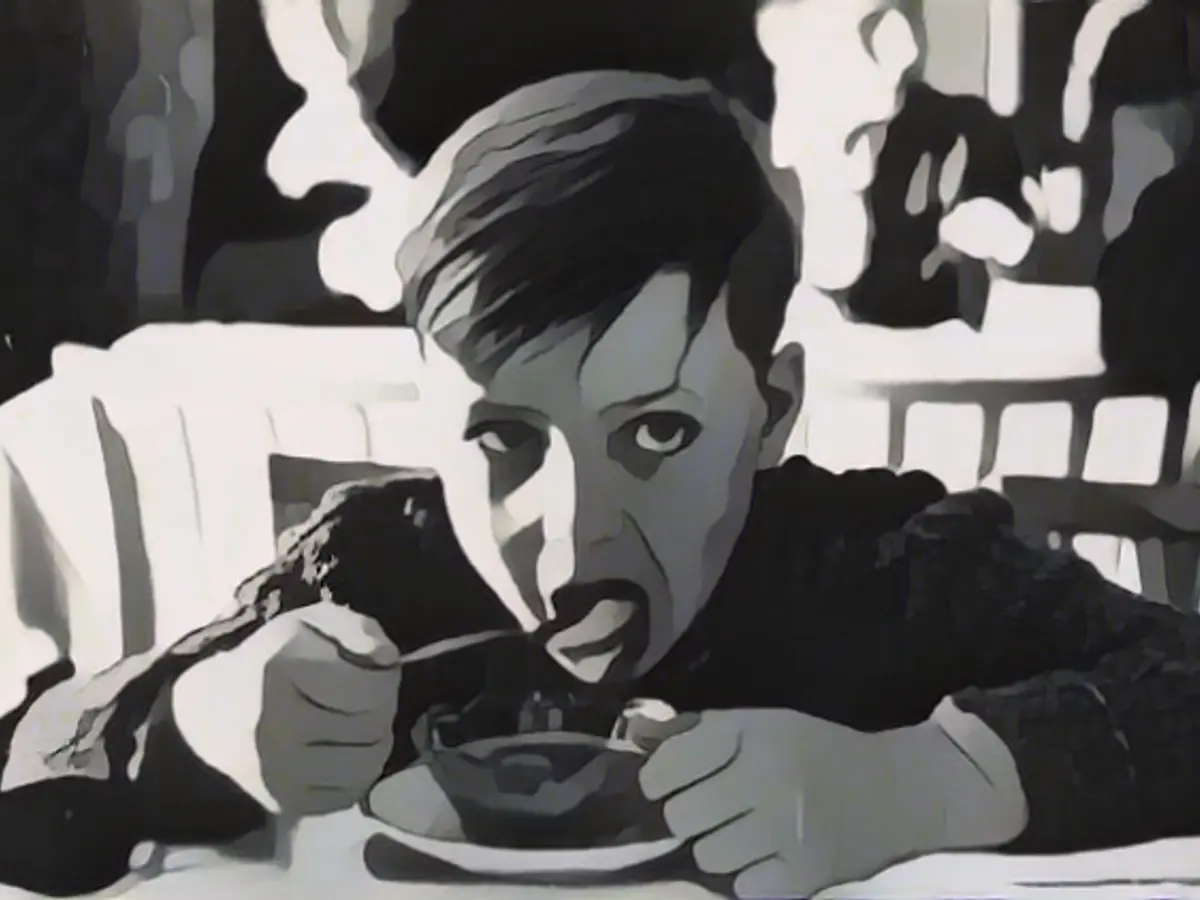The Long-Suffering Saga of the Sent-Away Children
For decades, the concept of sending underweight or sickly children to health spas for recovery and weight gain was prevalent in West Germany. But amidst promises of rest and recuperation, many children endured traumas that would haunt them for lifetimes.
From the 1950s to the 1980s, millions of children were relocated, only to emerge from these health spas distraught, fearful, or even more unwell. With years of rigorous research, disturbing tales of physical and mental abuse at these spas are slowly coming to light.
Anja Röhl, a survivor herself, spearheaded the collection of stories from those affected by these spas. At the age of eight, she was sent to two facilities – Wyk on Föhr and Bad Rotenfelde in the Teutoburg Forest. In 2004 and 2009, she shared her harrowing experiences, receiving numerous testimonies from similar atrocities.
The horror prevailing in the children's health resorts included severe physical terror, mental mistreatment, extortion during mealtimes, and humiliation. Children's educational contact was harsh, and often brutal. Röhl described the children's homes as remote, backward, and harsh, jacked up to extremes of penitentiary methods, reminiscent of Wilhelmine discipline and black pedagogy.
Children as young as two faced daily degradation, locked in broom closets, and forced to stand naked in front of peers with physical and verbal abuse. Unspeakable fears pervaded the children, with some subjects denied the right to write letters, visit their families, or receive any formidable contact. The experience of isolation, fear, and a sense of abandonment made the children's harsh months at these health spas a torturous nightmare.
Determined to free the survivors from their memories and guilt, organizations, researchers, and survivors began cooperating to uncover the truth. With dedication, therapeutic support, historic research, and public recognition, the unheard voices of these children grew louder, gaining international attention. National inquiries for these mistreatments and proper documentation are now being suggested, ensuring that the victims' stories and experiences are engaged with more regard and attention.
Enrichment Data:
The forced removal of underweight or sickly children to health spas in West Germany serves as a significant disturbance in the country's history, known as “Verschickung.” This practice occurs between 1950-1980s, consisting of involuntarily relocating children from their families to healthcare facilities, often to gain weight or exercise.
However, these institutions were far from the promised healing grounds. Instead, they subjected the children to nightmare scenarios, including strict regimes, forced labor, and brutal punishment. Many survivors struggled with long-term mental and emotional trauma, resulting in anxiety, depression, and difficulty forming relationships.
It took many years for these horrific practices to be publicly acknowledged, with only a few voices being heard in the 1980s and 1990s. Over time, organizations emerged, providing counseling, advocacy, a sense of community, and legal reforms.
Research, documentation, education, and awareness campaigns have played significant roles in recognizing and addressing the abuse and ensuring such practices never happen again. Currently, more efforts are being made to provide these survivors with support, recognition, justice, treatment, and a sense of community.








